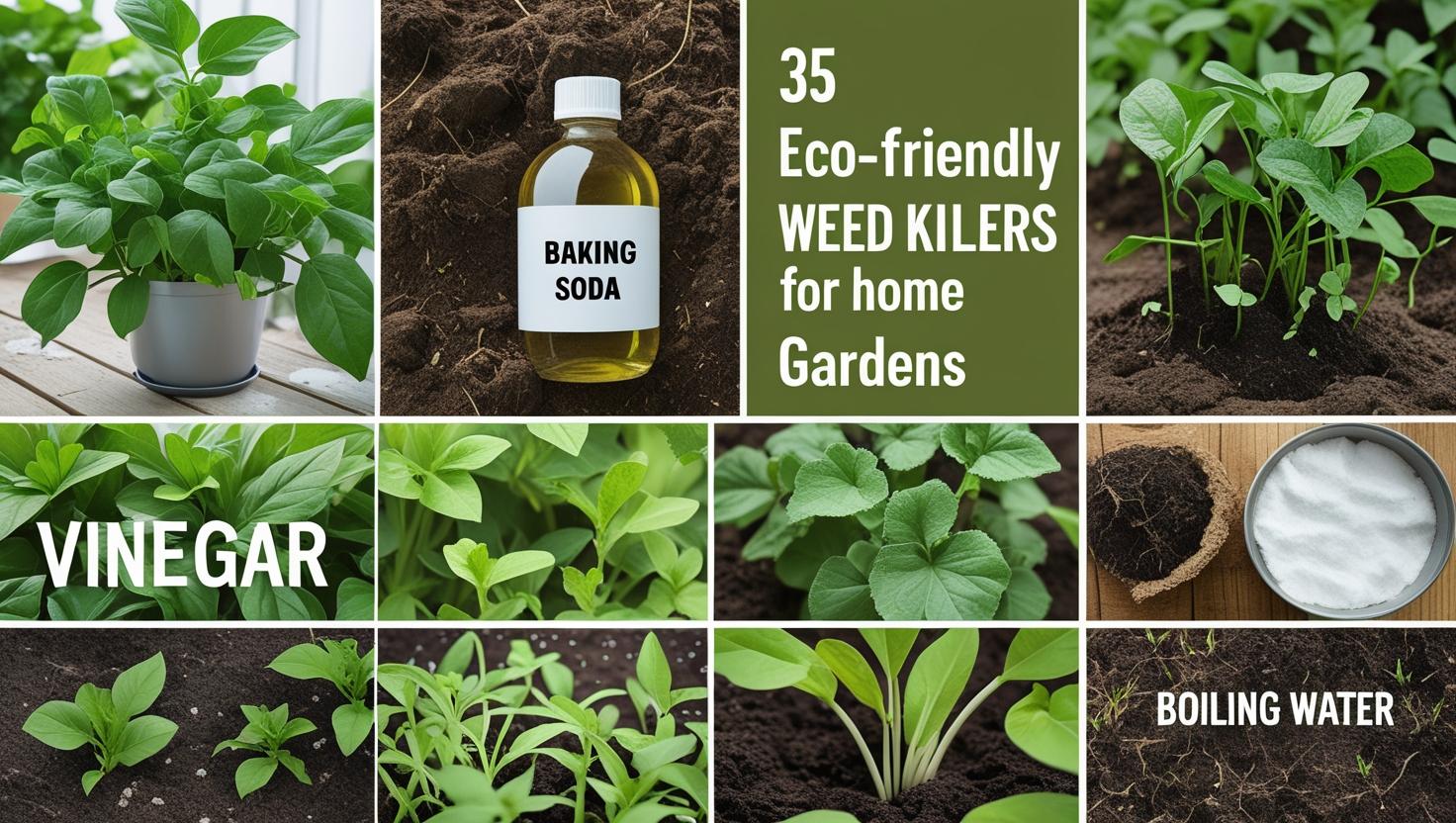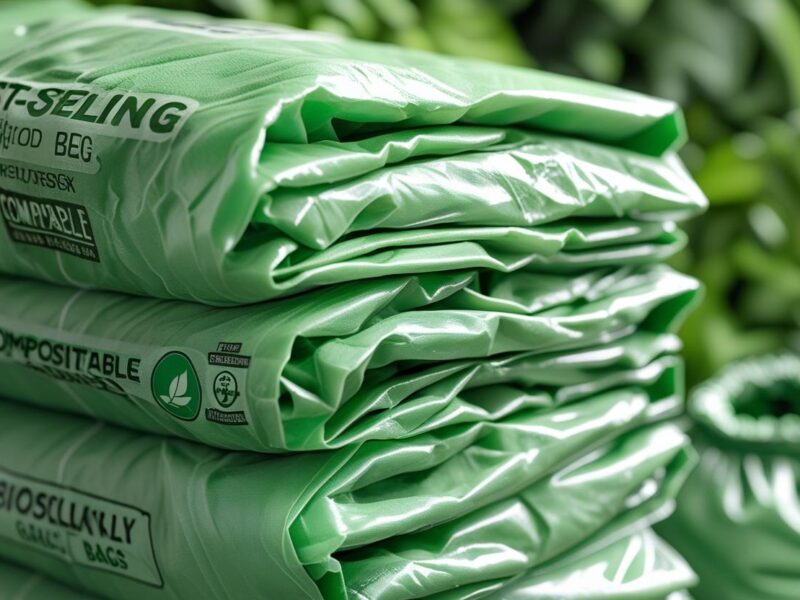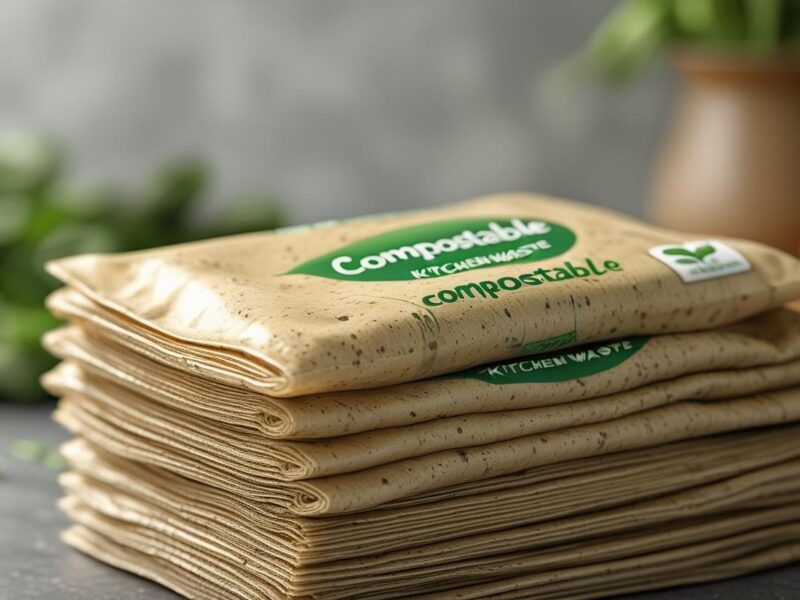As more people are becoming environmentally conscious, there is a growing shift away from harmful chemical weed killers. Instead, many are opting for natural, eco-friendly alternatives that are safer for the environment, pets, and humans. In this article, we’ll explore the importance of using environmentally friendly weed killers and review the best options available in 2025.
Keep your garden clean without hurting the planet!
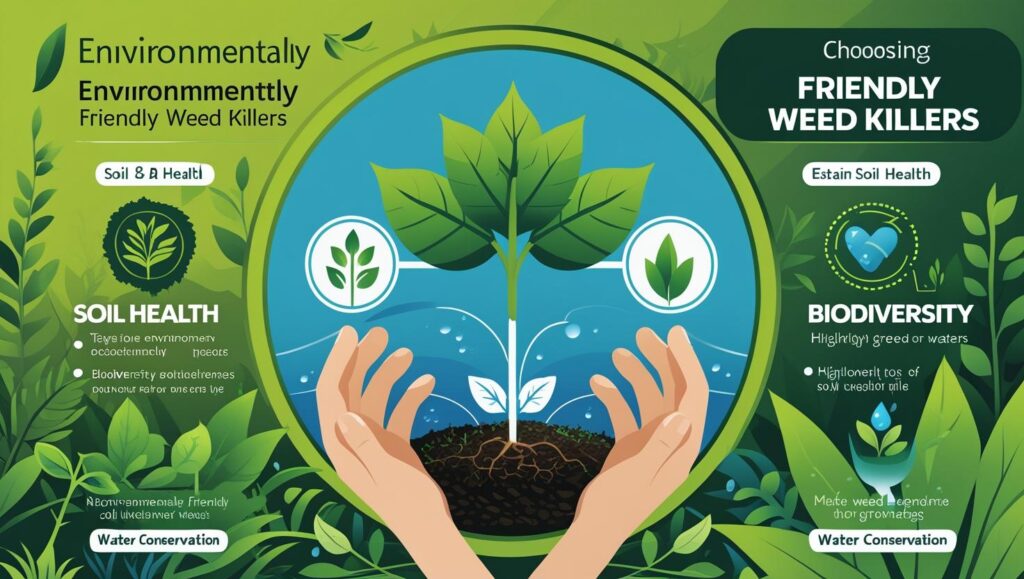
Why Choose Environmentally Friendly Weed Killers?
Using eco-friendly weed killers isn’t just about being trendy—it’s about protecting your garden, your health, and the earth.
- Chemical-Free Gardening: Conventional weed killers often contain harmful ingredients like glyphosate that contaminate soil, water, and air.
- Protect Pollinators: Natural weed killers are safe for bees, butterflies, and other beneficial insects.
- Safe for Kids and Pets: Eco-friendly options reduce health risks for children and animals who play in the garden.
- Biodegradable & Sustainable: These solutions break down easily and don’t harm the ecosystem.
💡 Bonus Tip: Homemade vinegar sprays can be surprisingly effective for small weed patches!
Top 5 Environmentally Friendly Weed Killers in 2025
1. Green Gobbler Vinegar Weed Killer
- Features: 20% industrial-strength vinegar formula
- Pros: Fast-acting, biodegradable, non-toxic
- Cons: May need reapplication for stubborn weeds
- CTA: Perfect for driveways, sidewalks, and patios
2. Doctor Kirchner Natural Weed Killer
- Features: Made with ocean salt water, vinegar, and soap
- Pros: Pet-safe, pleasant natural smell
- Cons: Less effective on deeply rooted weeds
- CTA: Ideal for flower beds and garden edges
3. Eco Garden Pro Organic Vinegar Weed Killer
- Features: All-natural, chemical-free solution
- Pros: Safe for pets and children, fast results
- Cons: Requires dry conditions for best effect
- CTA: Best used in sunny, dry weather
4. Natural Armor Weed and Grass Killer
- Features: 100% natural ingredients, non-toxic
- Pros: Works within 24 hours, easy to apply
- Cons: Can be expensive for large areas
- CTA: Great for spot-treatment and fence lines
5. Homemade Vinegar & Salt Weed Killer
- Recipe: 1 liter vinegar + 1 cup salt + 1 tbsp liquid soap
- Pros: Cheap, easy to make, no harmful chemicals
- Cons: Can harm nearby plants if not used carefully
- CTA: Use a spray bottle and apply directly on weeds
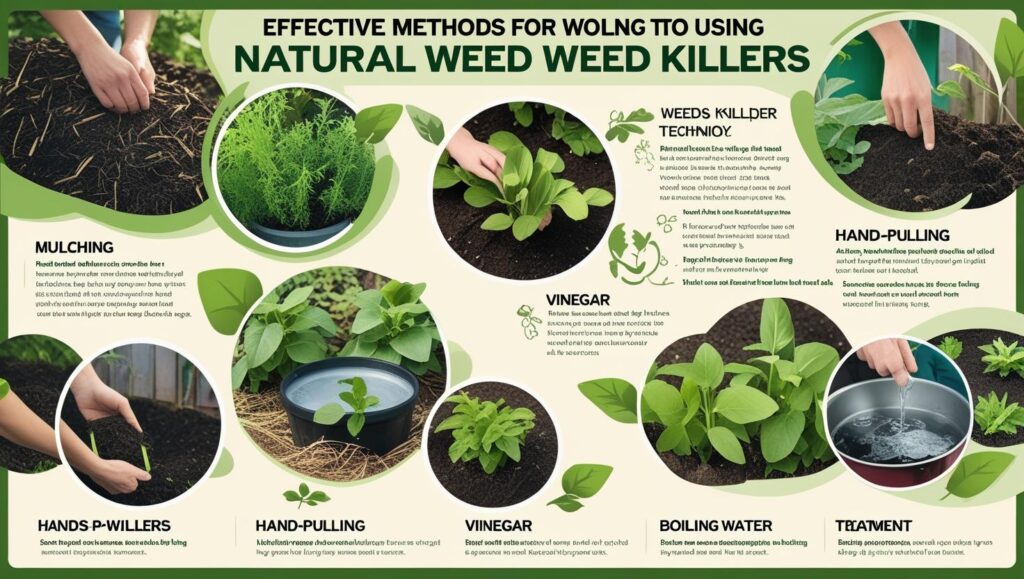
How to Use Natural Weed Killers Effectively
✅ Make the most out of your eco-friendly solution with these tips:
- Apply on Sunny Days: Direct sunlight boosts the effectiveness of natural ingredients.
- Use Spray Bottles: Target individual weeds to avoid harming other plants.
- Repeat as Needed: Some weeds may grow back—reapply as necessary.
- Avoid Over-Spraying: Keep it away from vegetables or flowers to avoid damage.
Pros and Cons Table:
| Pros | Cons |
|---|---|
| Chemical-free and non-toxic | May require multiple applications |
| Safe for pets and children | Strong vinegar smell |
| Doesn’t harm pollinators | Not effective on all weed types |
| DIY options available | Rain can wash away the solutio |
❓ Frequently Asked Questions (FAQ)
Q1: Are eco-friendly weed killers effective?
Ans: Yes! When applied correctly, natural weed killers can be just as effective as chemical ones for most common weeds.
Q2: Is homemade vinegar spray safe to use?
Ans: Yes, it’s generally safe for humans and pets, but be cautious—it can also damage surrounding plants if misused.
Q3: Where can I buy these eco-friendly weed killers in Bangladesh?
Ans: You can find them on platforms like Daraz, PriyoShop, or local gardening stores. You can also order from international sites like Amazon or iHerb.
Conclusion
Eco-friendly weed killers are a smart choice for a cleaner, healthier garden—and planet. Whether you buy a trusted organic product or make your own at home, you’re taking a step towards sustainable gardening. Small changes today lead to a greener tomorrow.
